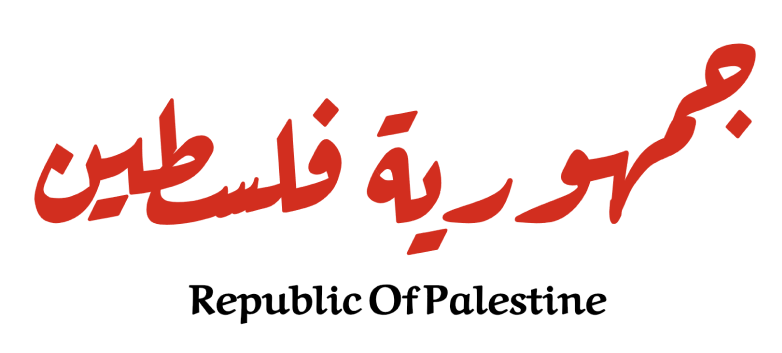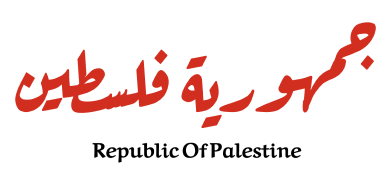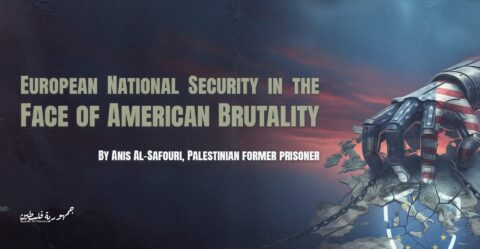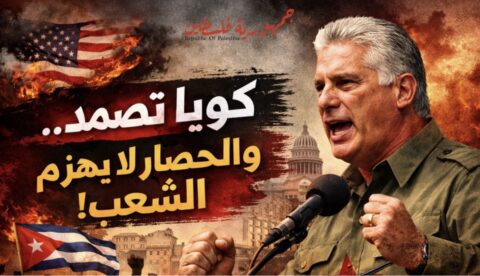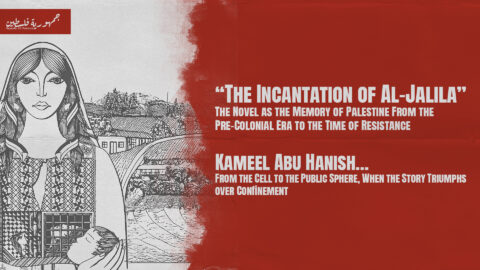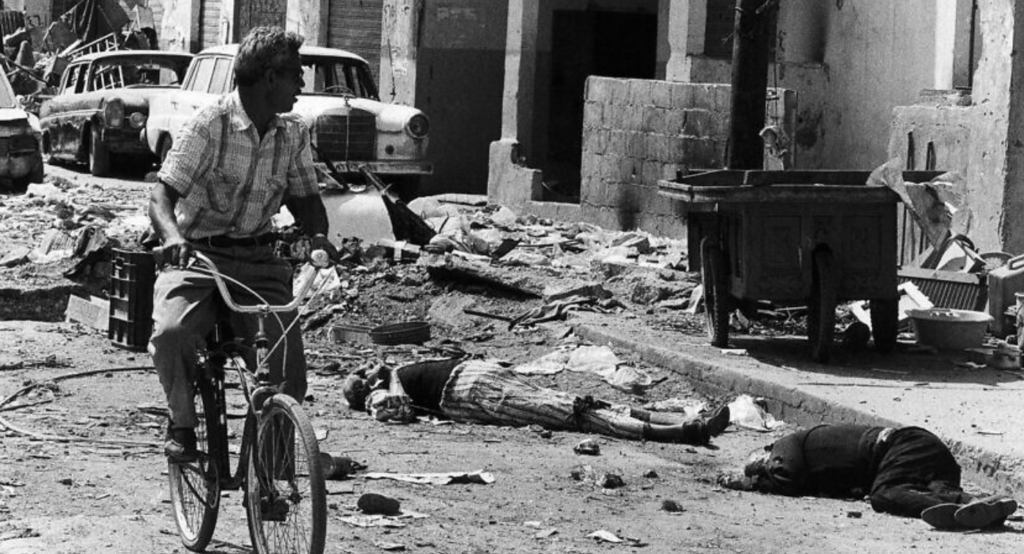
المقال بالعربية هنا
Leer en español aquí
The memory of the Sabra and Shatila massacre, which took place between 16–18 September 1982, remains an unhealed wound — as if it was never just a single bloody event but rather a concentrated model of the nature of the Zionist colonial project, based on extermination, ethnic cleansing, and massacres against a defenseless people. In September 1982, while the Palestinian refugee camps in Beirut were under siege by Israeli occupation forces, one of the most heinous crimes in modern history took place. More than three thousand Palestinian and Lebanese martyrs were slaughtered with knives and rifles over three days, under the eyes of the occupation forces who sealed off the area and prevented any escape or medical aid.
But the crime was not only Israeli–Zionist; it involved right-wing Lebanese militias (the Phalangists and their allies) acting on direct orders and with full facilitation by the occupation army led by Ariel Sharon and Rafael Eitan. As for the United States, which claimed to be “mediating,” it ensured the withdrawal of the Palestinian resistance from Beirut, pledging to protect civilians, and then withdrew its forces, leaving the people to be slaughtered. Thus, the roles of the occupation, the proxy militias, and the U.S.–European cover came together to write a scene of bloody collusion against the Palestinians.
Today, more than four decades later, the tragedy repeats itself in an even more violent and extensive form. The massacres witnessed at Sabra and Shatila are but one episode in a series of colonial–imperialist crimes. The Zionist occupier continues its indiscriminate bombing, targeting hospitals, schools, refugee camps, and starving more than 1.5 million people under a suffocating siege. It is an existential war waged against all Palestinians: systematic killing, forced displacement, and deliberate destruction of infrastructure.
The accomplices have not changed:
• The Zionist entity remains the direct perpetrator of the crime.
• The United States is the central partner, providing money, arms, and political cover in the Security Council, and describing the genocide as a “right to self-defense.”
• Official Europe, including France, Germany, and Britain, stands in the same line, turning a deaf ear to the voices of the streets and covering up the aggression.
• The reactionary Arab regimes, which open their skies to alliances with the Zionists and continue normalization deals, either remain silent or issue bland statements that neither deter nor protect. Some participate indirectly in the siege, and others even ban popular demonstrations in support of Palestine.
What is happening proves that the Palestinian cause is not only a confrontation with an occupying colonial entity, but also with a regional and international system of complicity. The enemy is one, but its faces are many: from the direct killer who pulls the trigger, to regimes that buy their silence with normalization, to great powers that justify killing and legitimize extermination.
As we remember Sabra and Shatila, we realize that Palestinian blood has not stopped flowing, and that memory is not only for mourning but for incitement and mobilization. Today, the Palestinian people face a contemporary version of the same criminal project that committed the massacres at Deir Yassin, Kafr Qasim, Qana, and Jenin. If complicity allowed the massacre to happen yesterday, continued complicity today opens the door to total extermination.
Therefore, the real stance required is not empty statements of condemnation, but rather breaking the siege, stopping normalization, and activating popular and political resistance everywhere. Palestine is not merely a humanitarian issue; it is a matter of liberation and dignity, and anyone who colludes with the Zionist murderer is an accomplice to the crime, whether they wear a military uniform, sit in a chair at the United Nations, or limit themselves to the shameful silence in the palaces of reaction.
-The editorial staff of the Republic of Palestine
